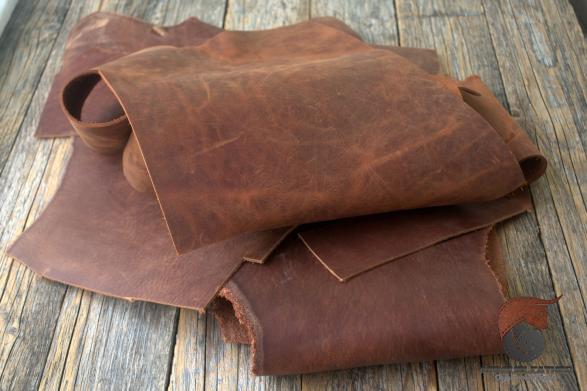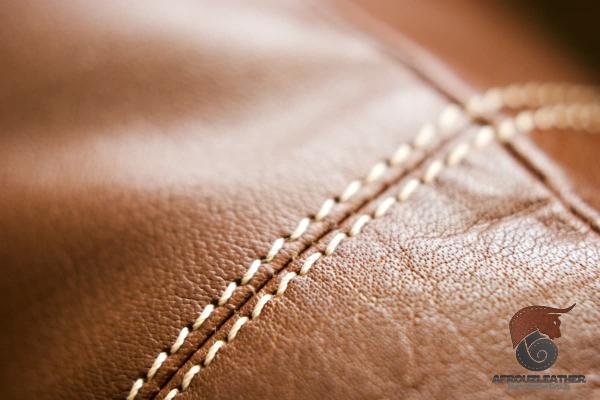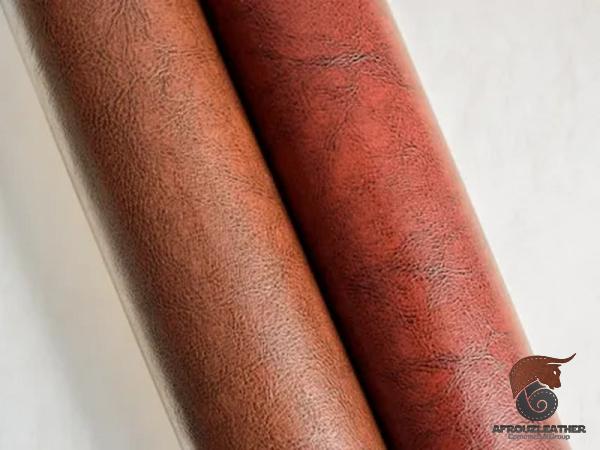Vegan leather, also commonly known as faux leather or synthetic leather, is an innovative material that is rapidly gaining popularity as a sustainable and ethical alternative to traditional animal-derived leather. With the rise of ethical and environmentally conscious consumerism, vegan leather has emerged as a viable option for those seeking to avoid the ethical dilemmas associated with the production of animal leather. Vegan leather is predominantly made from a wide range of materials such as polyurethane (PU), polyvinyl chloride (PVC), or plant-based materials like pineapple leaves, apple waste, and mushrooms. These materials are treated and processed to mimic the look, feel, and durability of real leather while avoiding the use of animal hides.
leather
 One of the main reasons behind the growing popularity of vegan leather is its ethical advantage. Animal leather production is often associated with animal cruelty, including the killing of animals for their skins. Vegan leather, on the other hand, overcomes these ethical concerns by entirely eliminating the need for animals in the creation of leather products. In addition to its ethical advantages, vegan leather also offers several environmental benefits. Animal agriculture, including the leather industry, is a significant contributor to climate change, deforestation, water pollution, and excessive water consumption. As vegan leather is produced without using animal hides, it significantly reduces the environmental impact associated with traditional leather production.
One of the main reasons behind the growing popularity of vegan leather is its ethical advantage. Animal leather production is often associated with animal cruelty, including the killing of animals for their skins. Vegan leather, on the other hand, overcomes these ethical concerns by entirely eliminating the need for animals in the creation of leather products. In addition to its ethical advantages, vegan leather also offers several environmental benefits. Animal agriculture, including the leather industry, is a significant contributor to climate change, deforestation, water pollution, and excessive water consumption. As vegan leather is produced without using animal hides, it significantly reduces the environmental impact associated with traditional leather production.
Specifications of leather
 The manufacturing process of vegan leather can vary depending on the materials used. For synthetic materials like PU and PVC, a polymer coating is typically applied onto a fabric backing to create a leather-like texture. This process allows for greater control over the final product, resulting in customizable options such as different colors, textures, and patterns. On the other hand, plant-based vegan leathers are created through innovative techniques that utilize natural fibers extracted from various sources. For example, Pinatex is a vegan leather alternative made from pineapple leaf fibers, while MuSkin is derived from the mushroom caps. These plant-based materials are not only renewable and biodegradable but also offer unique textures and characteristics. Vegan leather has gained significant traction across various industries, including fashion, accessories, interior design, and automotive industries. Many high-end fashion brands have started incorporating vegan leather into their collections, offering consumers a cruelty-free and sustainable alternative without compromising on style or quality.
The manufacturing process of vegan leather can vary depending on the materials used. For synthetic materials like PU and PVC, a polymer coating is typically applied onto a fabric backing to create a leather-like texture. This process allows for greater control over the final product, resulting in customizable options such as different colors, textures, and patterns. On the other hand, plant-based vegan leathers are created through innovative techniques that utilize natural fibers extracted from various sources. For example, Pinatex is a vegan leather alternative made from pineapple leaf fibers, while MuSkin is derived from the mushroom caps. These plant-based materials are not only renewable and biodegradable but also offer unique textures and characteristics. Vegan leather has gained significant traction across various industries, including fashion, accessories, interior design, and automotive industries. Many high-end fashion brands have started incorporating vegan leather into their collections, offering consumers a cruelty-free and sustainable alternative without compromising on style or quality.
buy leather
 The durability and longevity of vegan leather products are comparable to traditional leather. With advancements in technology and manufacturing techniques, vegan leather is becoming increasingly resistant to wear and tear, making it a long-lasting option for consumers. While vegan leather presents many advantages, it is not without its challenges. The production of synthetic vegan leathers such as PU and PVC raises concerns regarding the use of petroleum-based materials and the potential release of harmful chemicals during manufacturing. However, ongoing research and development aim to mitigate these issues by exploring more sustainable alternatives and eco-friendly manufacturing processes. Plant-based alternatives to vegan leather also have their own considerations. The sourcing of materials can have a significant impact on environmental sustainability, and there is a need for careful management of resources to ensure that these alternatives remain truly sustainable. In conclusion, vegan leather offers an ethical and sustainable alternative to animal-derived leather. Its growing popularity stems from its ability to mimic the look and feel of traditional leather while avoiding the ethical concerns and environmental impact associated with animal agriculture. Despite the challenges, ongoing advancements in technology and material innovation are paving the way for a more sustainable future for vegan leather, making it an attractive choice for conscientious consumers and industries alike.
The durability and longevity of vegan leather products are comparable to traditional leather. With advancements in technology and manufacturing techniques, vegan leather is becoming increasingly resistant to wear and tear, making it a long-lasting option for consumers. While vegan leather presents many advantages, it is not without its challenges. The production of synthetic vegan leathers such as PU and PVC raises concerns regarding the use of petroleum-based materials and the potential release of harmful chemicals during manufacturing. However, ongoing research and development aim to mitigate these issues by exploring more sustainable alternatives and eco-friendly manufacturing processes. Plant-based alternatives to vegan leather also have their own considerations. The sourcing of materials can have a significant impact on environmental sustainability, and there is a need for careful management of resources to ensure that these alternatives remain truly sustainable. In conclusion, vegan leather offers an ethical and sustainable alternative to animal-derived leather. Its growing popularity stems from its ability to mimic the look and feel of traditional leather while avoiding the ethical concerns and environmental impact associated with animal agriculture. Despite the challenges, ongoing advancements in technology and material innovation are paving the way for a more sustainable future for vegan leather, making it an attractive choice for conscientious consumers and industries alike.

Your comment submitted.